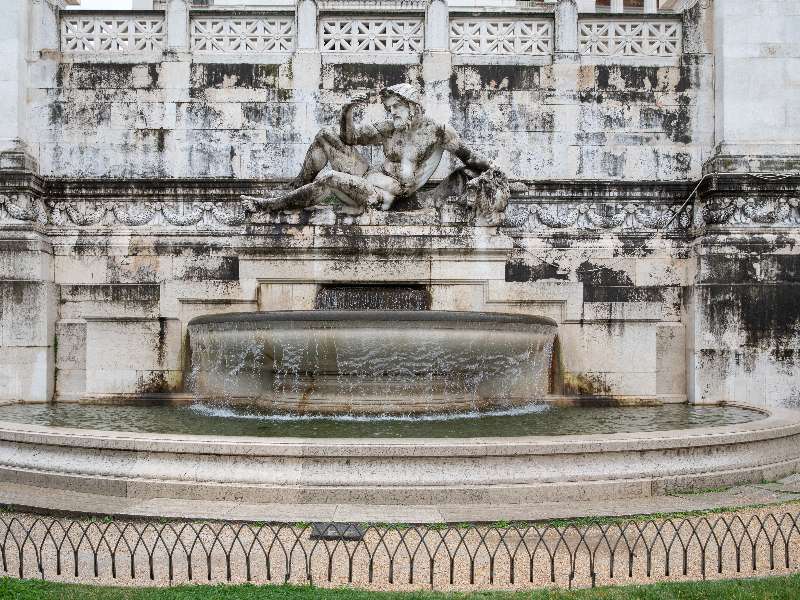Considered one of the most famous collections of paintings, ancient sculptures, sketches, drawings and manuscripts in the world, the Farnese Collection has its roots in the Renaissance. It had been established thanks to a tenacious policy of acquisitions carried out by the powerful Roman Farnese family who had embellished their homes with authentic masterpieces of art, especially ancient ones, obtained through research on the antiques market, requisitions and archaeological excavations.
The Collection was started by Alessandro Farnese, who ascended to the papal throne as Paul III in 1534, and it was then further enriched thanks to the work of his nephews, Cardinals Alessandro and Odoardo, who received substantial bequests. The exhibition presents a series of works representative of the moment of greatest splendor of the Collection, which goes from the first decades of the 16th century to the beginning of the 17th century, and includes one hundred masterpieces coming mainly from the National Archaeological Museum of Naples, the Museum of Capodimonte, from the National Library and other public and private collections.

Beginning today, VIVE, the association that oversees Vittoria and Palazzo Venezia, launched a new initiative to restore the sculptures on the monument to Victor ...